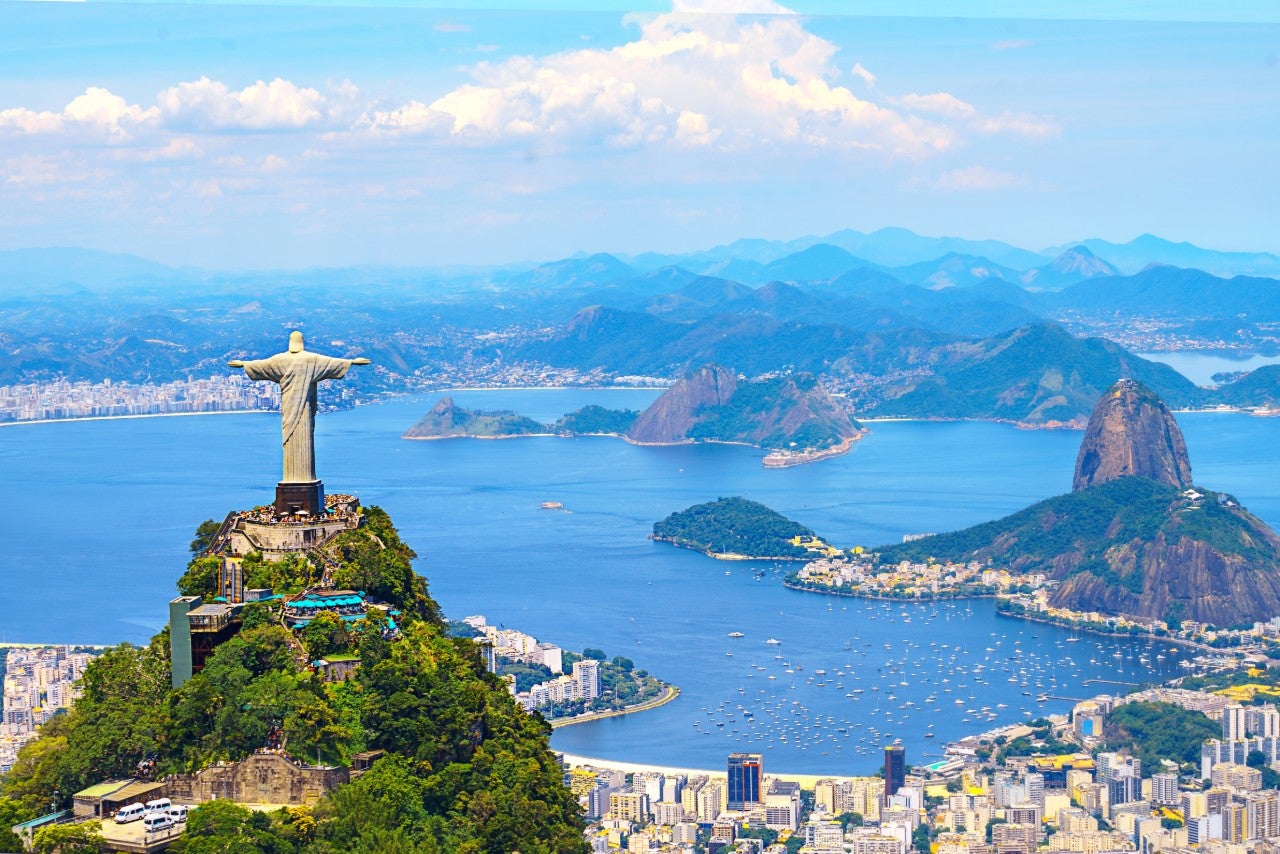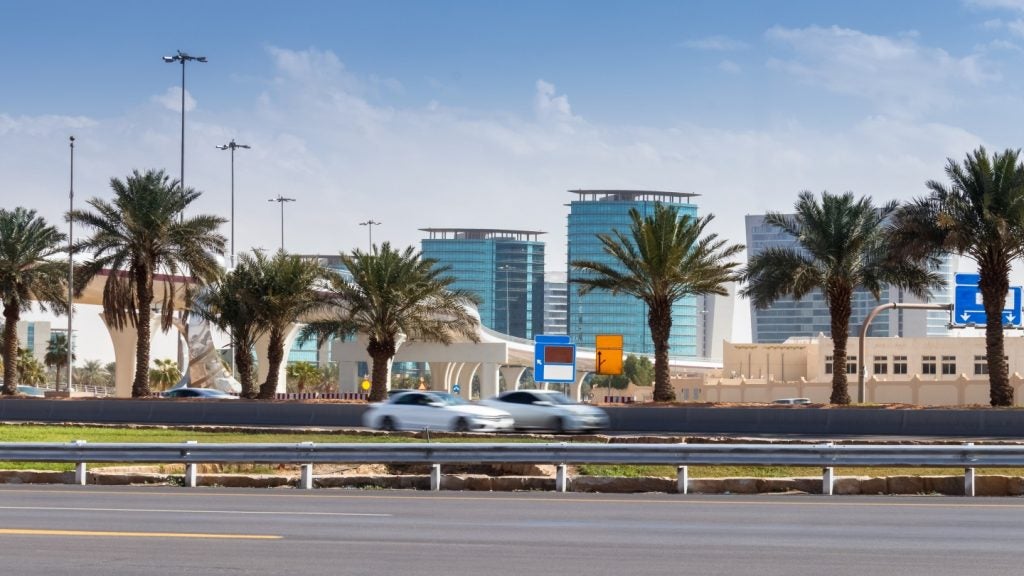
According to figures from John Hopkins University, Brazil at the time of writing, has the third largest number of confirmed Covid-19 cases globally, with 4.3 million cases. Brazil also has the second largest number of deaths globally with 131,200. The country’s inability to control the spread of Covid-19 could deter potential visitors for a sustained period of time.
Two of Brazil’s best known tourist attractions, the Christ the Redeemer and Sugarloaf Mountain, reopened last month after being shut for five months. The attraction has opened with reduced hours and now has tourist vans operating at half the usual capacity. Similar precautions, including temperature checks, are being taken at other tourist attractions, including Sugarloaf, the Rio Star ferris wheel and the AquaRio aquarium, according to the government tourism campaign website, Rediscover Rio.
Despite attractions reopening, it could be very difficult for Brazil to attract holidaymakers to the country. According to GlobalData’s Week 6 COVID-19 Recovery Consumer Survey, 79% of respondents globally are still extremely or quite concerned with the ongoing Covid-19 pandemic. These figures highlight how difficult it will be for Brazil’s tourism board to attract holidaymakers in the short-to-medium term.
Domestic tourism could offer a lifeline
According to GlobalData’s Week 6 COVID-19 Recovery Consumer Survey, only 30% of Brazilians believe the situation will get worse in the coming months, this is significantly less than the global average of 46%. This faith that Brazil will recover could mean more Brazilians are willing to travel domestically than in other countries.
One of the biggest periods for domestic tourism in Brazil is carnival. Rio de Janeiro is the most famous location in Brazil to witness the parades, however, cities such as São Paulo are making a name for themselves, meaning economic wealth can be spread more evenly across the country.
There has not yet been an announcement from Rio. However, São Paulo’s 2021 carnival has been delayed eight months to October. With Covid-19 causing so much uncertainty there is no guarantee that there will not be further delay.
How well do you really know your competitors?
Access the most comprehensive Company Profiles on the market, powered by GlobalData. Save hours of research. Gain competitive edge.

Thank you!
Your download email will arrive shortly
Not ready to buy yet? Download a free sample
We are confident about the unique quality of our Company Profiles. However, we want you to make the most beneficial decision for your business, so we offer a free sample that you can download by submitting the below form
By GlobalDataIf carnival is postponed until 2022 it could have enormous financial implications for Brazil. Carnival generates huge revenue that trickles down into many parts of the economy. It was estimated in 2020, that Brazil’s carnival celebrations injected around $1.9bn into the economy. Many tourism companies will be relying on the revenue that carnival creates to support them after an incredibly difficult period.








Related Company Profiles
Carnival plc
Johns Hopkins University